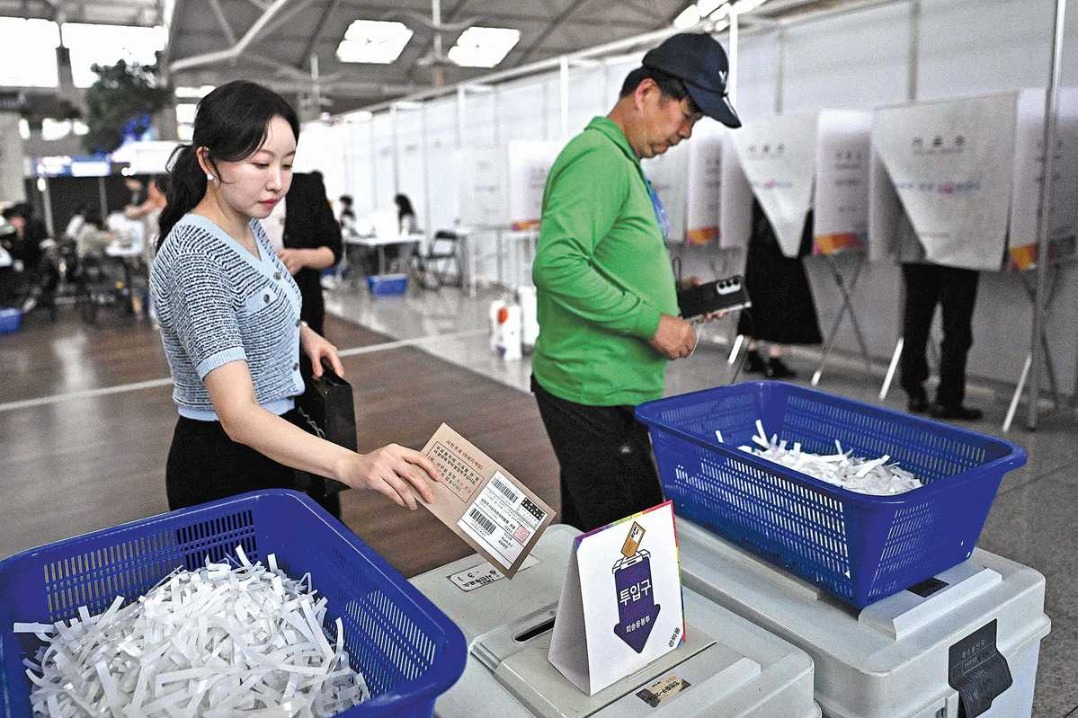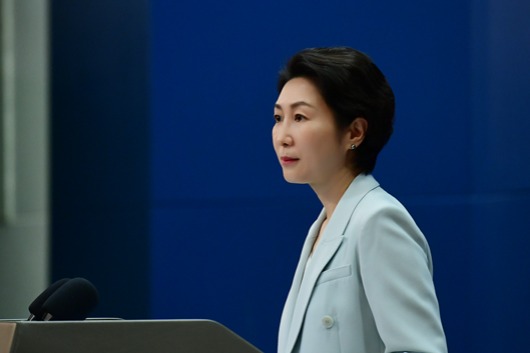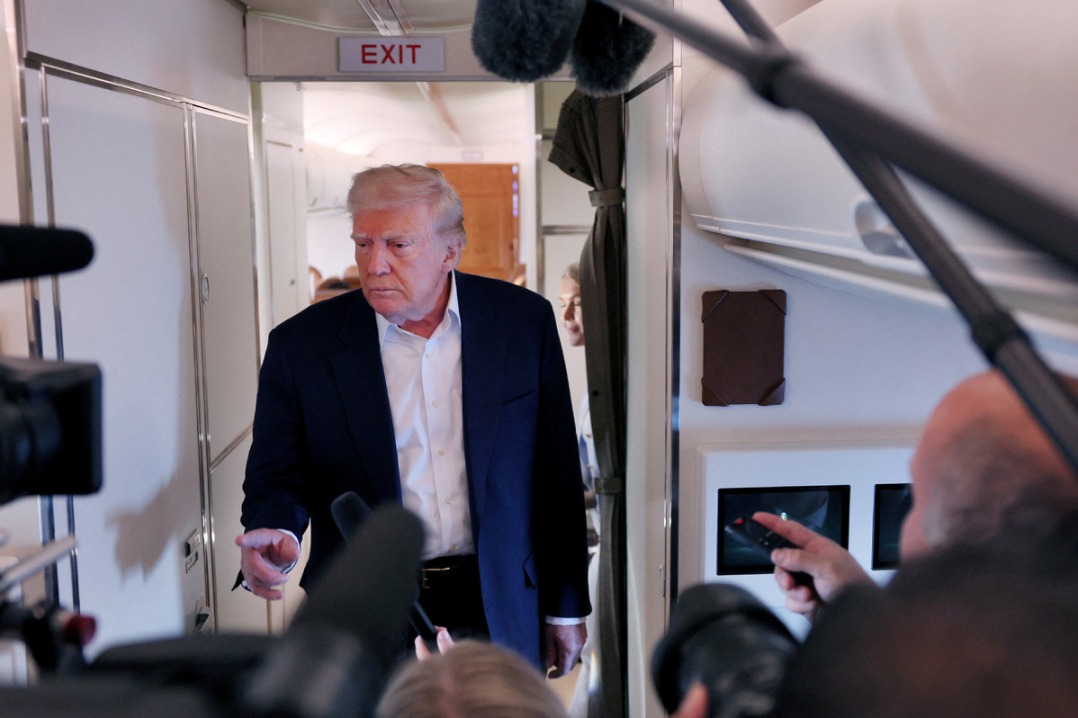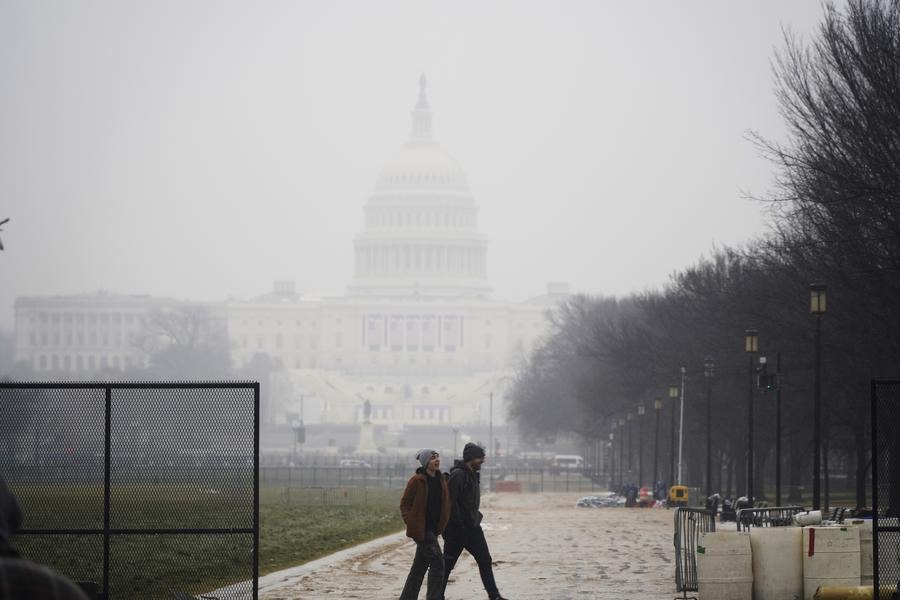Experts praise move to elevate free trade area
Version 3.0 of China-ASEAN pact set to deepen regional economic integration

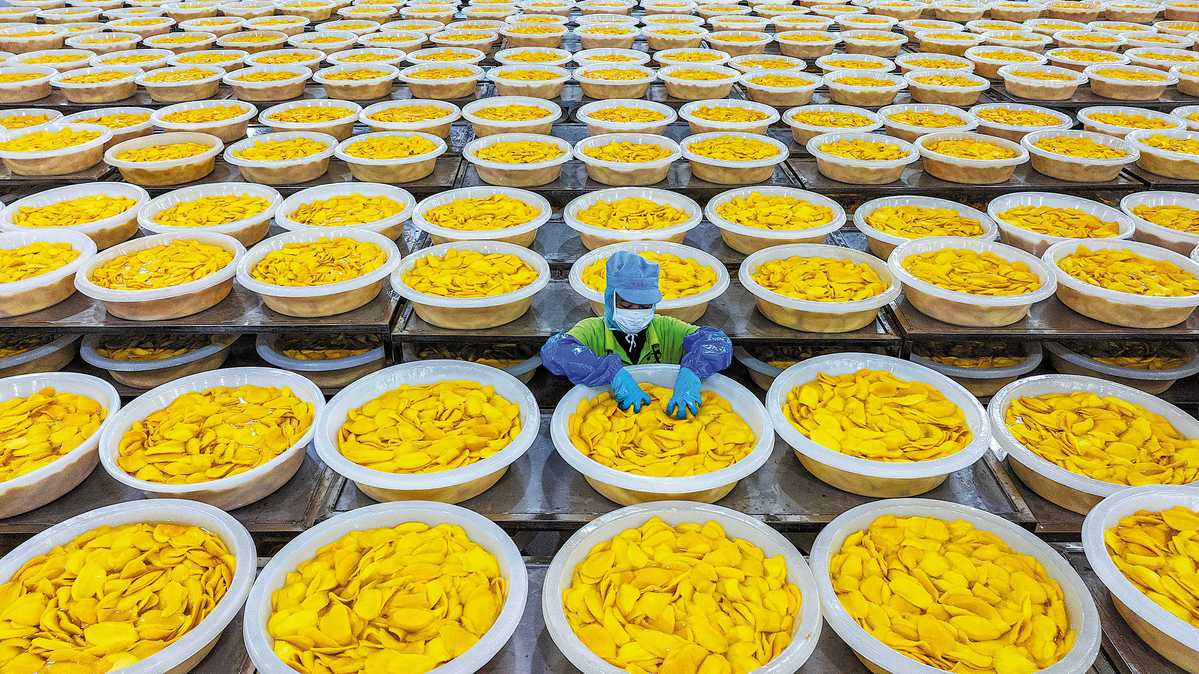
The conclusion of negotiations between China and ASEAN countries to further upgrade their free trade area marks a "milestone" in strengthening Asian economic stability and brings much-needed certainty to the world, experts say.
China and the Association of Southeast Asian Nations have completed negotiations on the Version 3.0 China-ASEAN Free Trade Area, or CAFTA, China's Ministry of Commerce said last week.
It was concluded after nine rounds of talks, which began in November 2022.
"CAFTA 3.0 is not just a simple extension of the existing rules, but a step toward a more inclusive, comprehensive and mutually beneficial high-standard agreement," said Li Siqi, an associate professor at the China Institute for WTO Studies at the University of International Business and Economics in Beijing.
CAFTA is the first free trade area that China has established with a foreign partner, and also the first free trade area for ASEAN.
"It introduces new chapters on the digital economy, green economy, support for small and micro enterprises, etc, addressing key issues in today's global industrial transformation," Li told China Daily.
According to China's Ministry of Commerce, Version 3.0 brings significant value on top of the existing China-ASEAN Free Trade Agreement and the Regional Comprehensive Economic Partnership. The RCEP, which came into effect in 2022, is the world's largest free trade deal, encompassing the 10 ASEAN member states, plus Australia, China, Japan, New Zealand and South Korea.
"CAFTA 3.0 surpasses certain aspects of RCEP in terms of stronger institutional frameworks, creating a combined system of deeper integration within the RCEP and bilateral upgrades under CAFTA," said Zhang Miao, an associate professor at the Research School for Southeast Asian Studies at Xiamen University.
"This model not only strengthens China-ASEAN ties but also offers valuable rulemaking insights for initiatives like the China-Japan-South Korea free trade negotiations and WTO reforms," she told China Daily.
In 2002, China and ASEAN launched the process of building a free trade area. Through consultations, agreements on goods, services, and investment were successively signed and implemented, officially establishing the China-ASEAN Free Trade Area in 2010 as Version 1.0.
In 2015, both sides reached an upgrade agreement, creating Version 2.0, which was fully implemented in 2019.
"The negotiations for CAFTA 3.0 developed in phases, evolving through versions 1.0 and 2.0," Li said.
"Each stage focused on different key aspects — starting with trade in goods, then expanding to services and investment, and now covering new areas like the supply chain connectivity," Li said.
Steady growth
Thanks to mechanisms such as CAFTA, trade between China and ASEAN has grown steadily. China has been ASEAN's largest trading partner for 16 years in a row, while ASEAN has been China's largest trading partner for five consecutive years.
In 2024, China-ASEAN trade reached $982 billion, a year-on-year increase of 7.8 percent, according to Chinese customs data.
"The new version will serve as an important driver, helping bilateral trade to emerge from 'large volume' to 'high quality'," Zhang said.
The negotiations come amid global trade challenges, including the US' tariff actions that have affected many trading partners worldwide.
"CAFTA 3.0 places greater emphasis on openness, institutional safeguards, and transparency. It provides a strong response to US tariff abuses and unilateralism," Zhang said. "It showcases a new model of the Global South working together to build fair and just multilateral trade rules on their own terms."
For the next stage, both sides are expected to work to complete their domestic approval procedures and aim to formally sign the CAFTA 3.0 protocol by the end of the year.
Against the backdrop of global protectionism and geopolitical uncertainty, "CAFTA 3.0 is an important milestone in strengthening stability in Asia," Zhang said. "It brings much-needed certainty to the world and acts as a model for deeper economic integration across Asia."
shaoxinying@chinadaily.com.cn


















